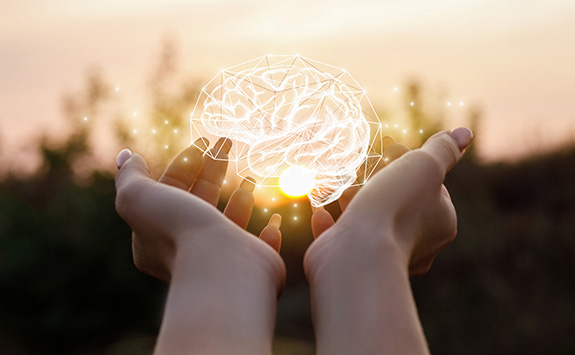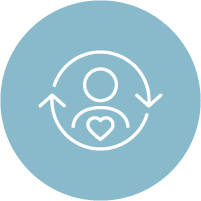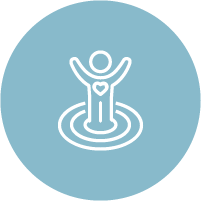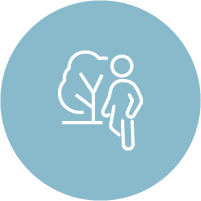A team of professional neuropsychologists and psychologists
Our compassionate neuropsychologists and psychologists strive to create a space where you can imagine and achieve your potential.
Our aim is to foster a thriving and resilient version of you through a strengths-based, person-centred, holistic approach and a commitment to our core values of empathy, integrity, dignity and respect.
How We Help

Neuropsychology
Memory Matters provides opportunities for members of the community to access neuropsychological services in rooms or at home. We offer a unique blend of assessment and intervention services and strive to extrapolate personal meaning from assessment findings to tailor neuropsychological strategies to promote optimal everyday functioning.

Psychology
Memory Matters’ compassionate psychologists are motivated to support you to achieve success in your self-development, healing, and general well-being. If you are struggling to deal with life’s challenges alone, our experienced psychologists are here to help you develop the tools to cope so you can live a happier and more peaceful life.
We offer community-based assessment, rehabilitation and support services to children and adults of all ages as well as their families and support teams.
Our Philosophy

Understand
We strive to understand the unique cognitive and emotional needs of each patient through comprehensive and compassionate evaluations

Empower
We empower individuals and their families with personalised treatment plans and the knowledge required to manage their needs effectively

Renew
We are dedicated to renewing hope and enhancing quality of life through innovative therapies and continuous support
General Frequently Asked Questions
What is neuropsychology?
Neuropsychology is a subspecialty of psychology concerned with the study of brain-behaviour relationships. Clinical neuropsychologists use their knowledge of the brain to assess, diagnose, and provide rehabilitation to individuals experiencing neurological, medical, neurodevelopmental, and psychiatric conditions, as well as other cognitive and learning disorders.
What is a psychologist?
A psychologist is a professional trained in the science of behavior and mental processes. They assess, diagnose, and treat individuals with mental health issues, emotional difficulties, and behavioral problems.
What is the difference between a neuropsychologist and a psychologist?
1. Focus of Practice
- Neuropsychologist: Specialises in the relationship between the brain and behavior. They work with patients who have brain injuries, neurological conditions, and cognitive impairments.
- Psychologist: Addresses a wide range of mental health issues, such as depression, anxiety, and relationship problems. They provide therapy and counselling.
2. Assessment and Diagnosis
- Neuropsychologist: Conducts detailed assessments to evaluate cognitive functions like memory and attention. They diagnose conditions related to brain function.
- Psychologist: Uses various tools to assess mental health and diagnose conditions like anxiety and depression.
3. Treatment Approaches
- Neuropsychologist: Develops treatment plans focused on cognitive rehabilitation and behavioral management for neurological conditions.
- Psychologist: Uses therapies like cognitive-behavioral therapy (CBT) to help clients manage mental health issues.
What is the difference between a psychologist and a psychiatrist?
The main difference is that psychiatrists are medical doctors who can prescribe medication, while psychologists typically cannot. Psychologists focus on therapy and behavioral interventions, while psychiatrists focus on the medical treatment of mental health disorders.


